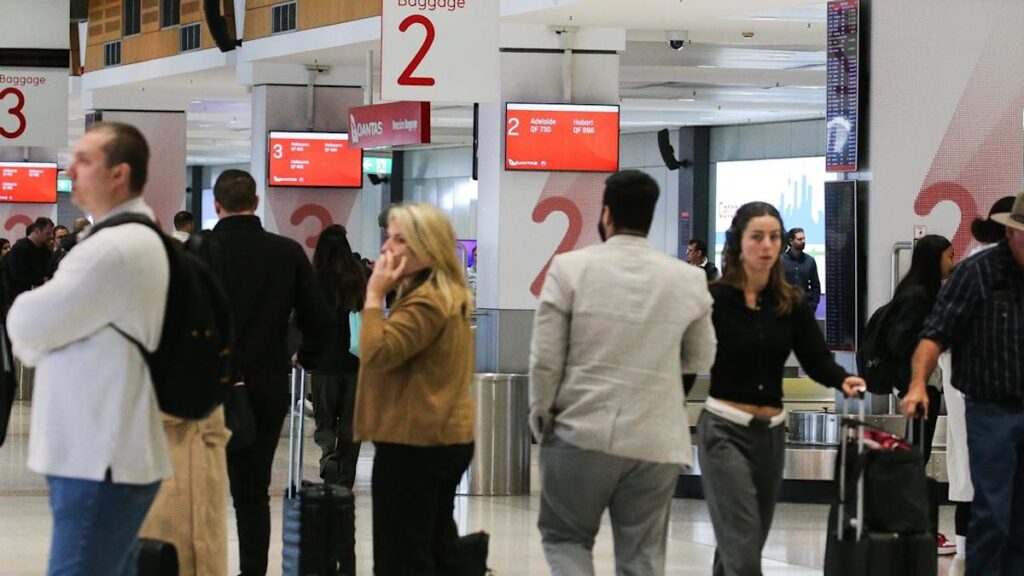
Passengers facing flight delays and cancellations in Australia may soon benefit from a new aviation consumer protection scheme. The proposed initiative, aimed at providing compensation such as refunds, meals, accommodation, and prompt rebookings, follows criticism of the current framework’s lack of clarity regarding passenger rights.
The federal government plans to introduce this Australia-first scheme in response to concerns raised about the draft charter of aviation rights. Consumer advocacy group CHOICE identified significant gaps, particularly regarding which regulatory body would enforce the charter’s provisions. Transport Minister Catherine King is set to announce a four-week consultation period on the scheme, with hopes of passing legislation by the end of 2025.
Details of the Proposed Scheme
The new consumer protection scheme aims to establish minimum assistance levels and set clear information requirements when booking flights. It will delineate when passengers are eligible for compensation, including refunds for cancelled or significantly delayed flights. King emphasized the importance of clarifying obligations for airlines and airports, stating, “We’ve heard the frustration Australian aviation passengers feel when dealing with airlines and airports.”
Under the proposal, the scheme will also cover how airlines should communicate with passengers during disruptions and outline the minimum assistance they must provide, including guidance on managing complaints. The initiative is designed to standardize practices across the aviation sector, offering passengers a clearer understanding of their rights.
Comparative International Standards
Similar consumer protection mechanisms are already in place in regions such as the United States and the European Union. In these jurisdictions, passengers can receive compensation of up to €600 (AU$1,072) for flight delays of three hours or more, unless extraordinary circumstances—such as natural disasters—are involved. Basic care provisions, including meals and accommodation for overnight delays, are also mandated.
A report from the Australian Competition and Consumer Commission highlighted troubling trends within the Australian aviation sector. It revealed that Qantas had a cancellation rate of 3.2 percent, significantly higher than its main competitor, Virgin Australia, which registered a cancellation rate of 1.6 percent. Meanwhile, Jetstar, Qantas’ budget airline, reported a cancellation rate of just 1.1 percent.
In October 2024, Qantas faced fines of up to $100 million for selling over 82,000 tickets for flights it intended to cancel, a practice that raised serious consumer concerns. The sales occurred during the post-Covid travel surge, and the airline was criticized for delaying notifications to passengers about cancellations. On average, it took Qantas 11 days to inform customers, with some waiting as long as 67 days for notification.
This proposed consumer protection scheme could significantly alter the landscape of air travel in Australia, offering clearer rights and support for passengers in times of disruption. As the government moves forward with consultations, many will be looking to see how these changes unfold and whether they will lead to a more accountable and consumer-friendly aviation industry.






